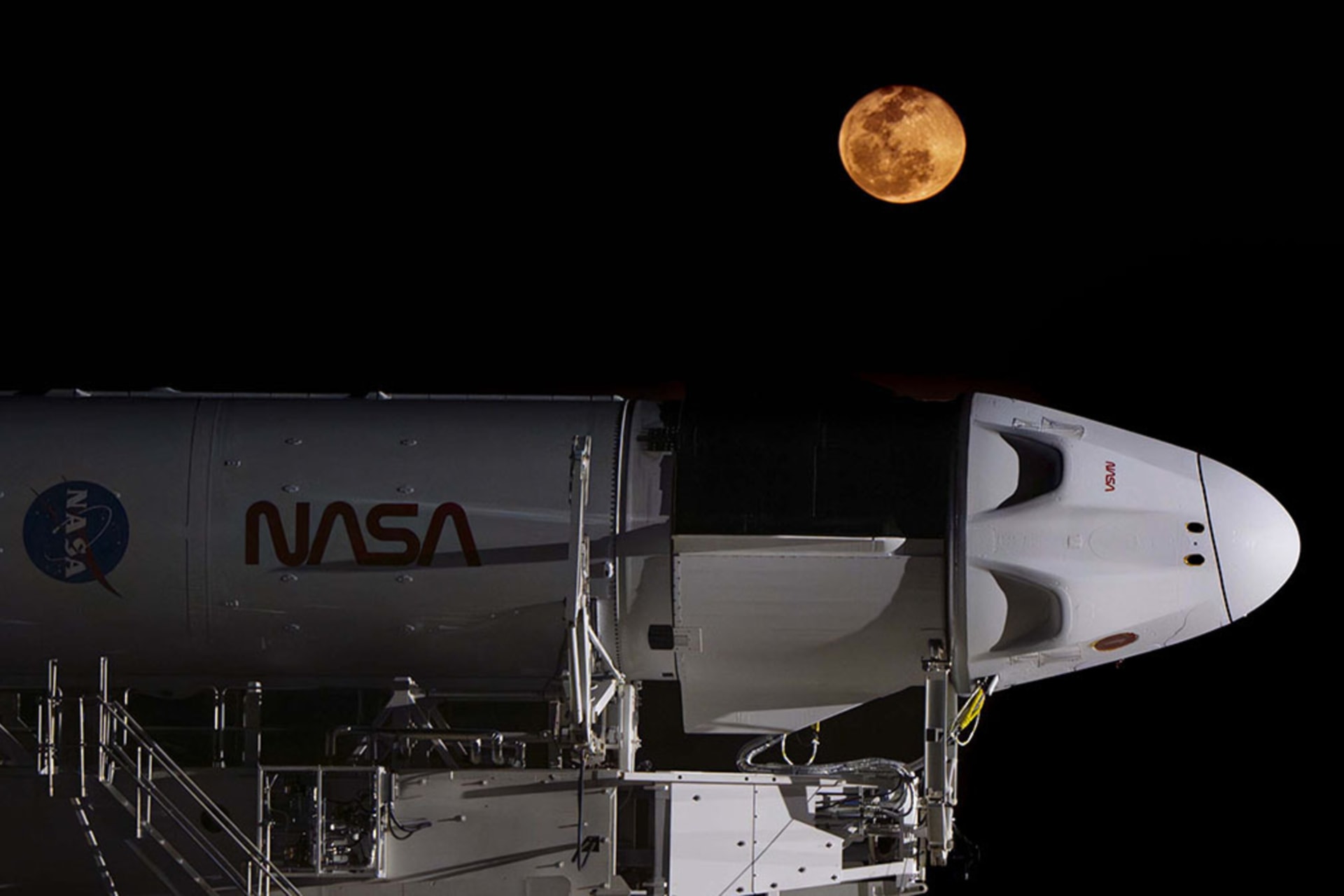Why Space Is a National Security Priority
The United States needs to restore its focus on space as a national security priority as conditions have changed and threats have multiplied.

By experts and staff
- Published
Experts
![]() By Esther BrimmerJames H. Binger Senior Fellow in Global Governance
By Esther BrimmerJames H. Binger Senior Fellow in Global Governance
By
- Jane Harman
- Nina M. Armagno
Jane Harman, former congresswoman, and Nina Armagno, U.S. Space Force lieutenant general, retired, are the chairs, and Esther Brimmer, James H. Binger senior fellow in global governance at the Council on Foreign Relations, is the director of the CFR Task Force on Space Policy.
Space has not been a priority in U.S. policy in recent years, but it is now. Space is vital to the security of the United States and the well-being of the American people. The Donald Trump administration, which has demonstrated past leadership in space issues, needs to now make space policy a priority.
To maintain U.S. leadership in this vital realm, President Trump should declare space a top national priority and convene a space summit in 2025. The United States needs to defend its national security assets in space and also advance the new space economy. The United States should work with countries and companies to set “rules of the road” to improve space safety and security.
The issues that need focus are highlighted in the report of a Task Force we co-chaired for the Council on Foreign Relations. Our report, Securing Space: A Plan for U.S. Action, recommends that the United States and its partners act urgently to address threats to space assets, advance space traffic management and safety, and bring commercial perspectives into national security and space governance efforts.
U.S. space assets are increasingly vulnerable to attack by China, Russia, and other potential adversaries. The United States is vulnerable because the country has more strategic and intelligence assets in space than any other country.
The United States should fix the vulnerability problem and enhance deterrence by taking steps such as widely distributing space assets to increase their resiliency and hardening space assets against various modes of attack. To develop such options, the president should launch a vulnerability, remediation, and deterrence assessment that includes participation by the Department of Defense, the intelligence community, private sector space companies, and civil space organizations and academic institutions.
A nuclear weapon exploding in space would have disastrous consequences, including destroying U.S. and global satellite systems and severely disrupting access to critical infrastructure on Earth. The new Trump administration could designate key space systems as “critical infrastructure.”
Meanwhile, the dynamism of American companies has revolutionized the space environment, placing in orbit thousands of commercial satellites on which the U.S. economy is increasingly dependent. But other countries are following suit. China is on track to have thousands of its own satellites in orbit in the near future. The availability of private sector launches has opened space to more entities. Over ninety countries have assets in space providing services or observing Earth.
The increase in space launch traffic, satellites in orbit, and space debris makes collisions more likely. A 2009 collision between two U.S. and Russian communications satellites produced thousands of pieces of debris and a brief loss of service. Today, more and more “near misses” are being observed. The result is a growing threat to civil, commercial, and national security assets in space.
Private sector expertise needs to be included in space traffic management for it to be accurate and effective. The United States, with its partners, should lead efforts to establish a regularly scheduled forum or advisory group that channels relevant expertise from the commercial sector, civil society, and academic experts into the deliberations of responsible international organizations and diplomatic efforts.
The United States should build on existing international regimes to craft better international space traffic management. The effort would involve developing rules of the road to deconflict space activities, avoid collisions, and mitigate debris risk. Since no single organization currently plays this role or has the expertise, representation, and mandate to do so, the best approach would be to create a system of cooperation among existing organizations. The United States and its partners could build on the Artemis Accords. Established under the first Trump administration, the Artemis Accords have over fifty signatories.
In his first term, Trump convened a Space Summit and the National Space Council to advise the White House, and he established the sixth military branch: the U.S. Space Force. In his second term, the focus on space as an urgent priority should be restored as threats, including possible nuclearization, collisions, and other menaces, have multiplied. In the past five years, conditions in space have changed fundamentally. Strategic adversaries have expanded their reach, and private companies have become the drivers of innovation and activity in space.
Space matters to our daily lives. Information from satellites orbiting in space is crucial to daily life for most Americans, from navigating their cars by Global Positioning System (GPS), to growing crops and managing inventory, to paying for groceries with the tap of a credit card. Satellites are essential to keeping the nation safe, from communicating with U.S. military forces, to gathering intelligence on potential adversaries, to providing warning of a potential nuclear missile attack.
Now is the time for the United States to act to safeguard its strategic interests in space and ensure that space remains secure, accessible, and peaceful for all. Our nation cannot afford to wait. Decisions made this year could affect access to space for decades.
In 1957, the United States faced a “Sputnik moment” and met the challenge. We face another and the stakes are even greater. Will we meet this challenge?
This work represents the views and opinions solely of the authors. The Council on Foreign Relations is an independent, nonpartisan membership organization, think tank, and publisher, and takes no institutional positions on matters of policy.
